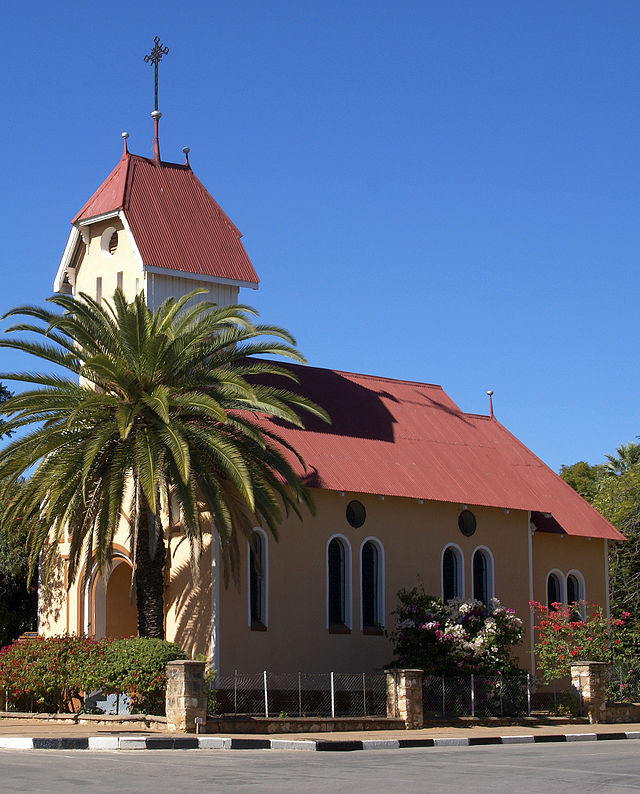
Executive Summary
The constitution and other laws and policies protect religious freedom and, in practice, the government generally respected religious freedom. The government did not demonstrate a trend toward either improvement or deterioration in respect for and protection of the right to religious freedom.
There were no reports of societal abuses or discrimination based on religious affiliation, belief, or practice.
Section I. Religious Demography
More than 90 percent of the population self-identifies as Christian. The three largest Christian groups are the Lutheran, Roman Catholic, and Anglican churches. Other denominations represented are the Baptist, Methodist, Pentecostal, and evangelical and charismatic churches, as well as The Church of Jesus Christ of Latter-day Saints (Mormons). The number of Pentecostal churches is growing significantly, especially in urban areas and in the north. There are also Zionist churches, which practice a mixture of traditional African beliefs. The Dutch Reformed Church of Namibia is predominantly made up of members of the Afrikaner ethnic group. The Himba, Herero, and San groups practice indigenous religions. There are also Muslims, Baha’is, Jews, and Buddhists, who reside primarily in urban areas. The small Muslim community is mostly Sunni and comprised predominantly of immigrants from elsewhere in Africa and recent converts.
Section II. Status of Government Respect for Religious Freedom
Legal/Policy Framework
The constitution and other laws and policies protect religious freedom.
The government does not formally subscribe to any one religion as a state religion, and it allows for recognition of any religious group through formal registration. Religious organizations must register with the Ministry of Trade and Industry to receive tax-exempt status or with local authorities to purchase land at a discounted rate.
There also are local registration requirements for religious organizations, but only if they are seeking certain benefits, including tax exemption. For example, for a church to obtain land from the city of Windhoek at the reduced rate offered to religious organizations, it needs to demonstrate that it has a constitution, registration with the Council of Churches, and sound financial management. The organization must have at least 250 members and have been in operation for at least two years. Some religious organizations register as nongovernmental organizations (NGO) to get around these restrictions.
The government observes the following religious holidays as national holidays: Good Friday, Easter Monday, Ascension Day, and Christmas.
Government Practices
There were no reports of abuses of religious freedom, including religious prisoners or detainees, in the country.
The government respected religious freedom and included religious leaders in important discussions regarding the country’s future. The government upheld the religious freedom provisions of the constitution by allowing religious groups to hold and manifest their beliefs without interference.
Section III. Status of Societal Respect for Religious Freedom
There were no reports of societal abuses or discrimination based on religious affiliation, belief, or practice. Although differences in leadership frequently led to the formation of new churches, religious leaders generally got along and spoke well of one another. The Council of Churches had a large membership and respected position within the religious community. A small but growing Muslim population enjoyed its own space at the country’s only university. There were no reported incidences of religiously motivated discrimination or violence during the year.